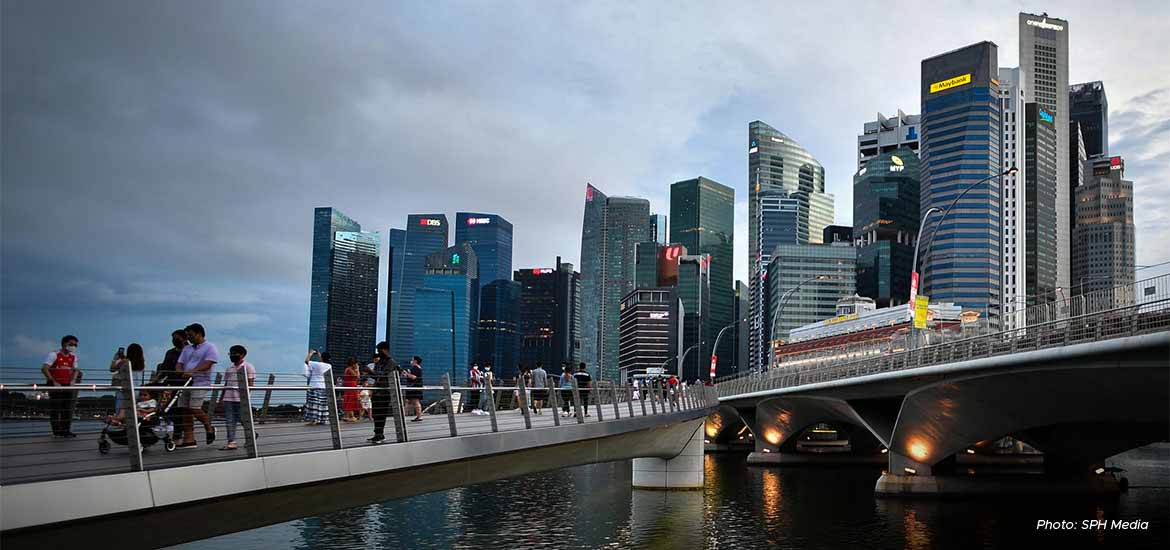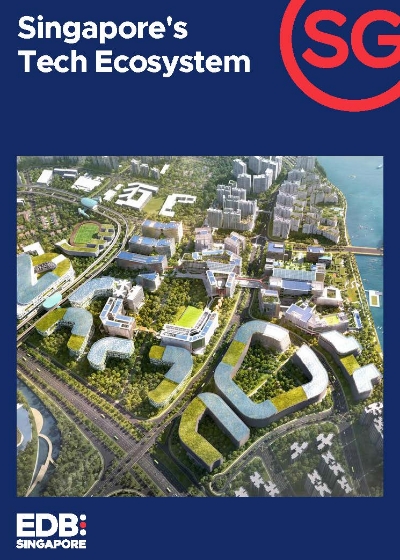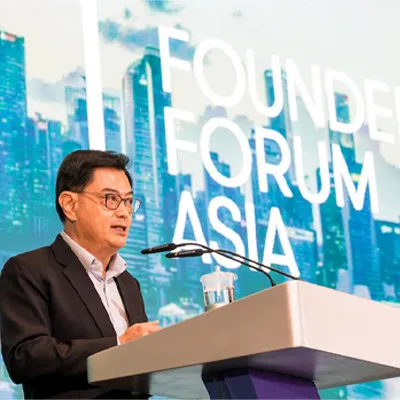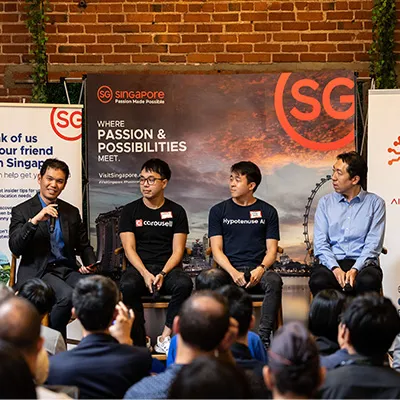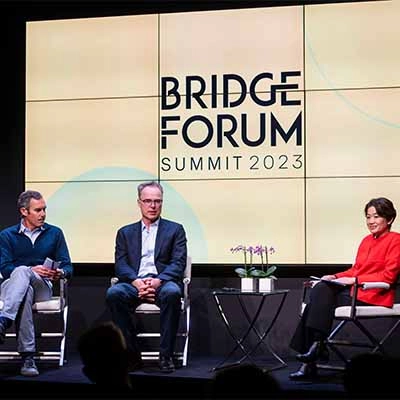Foreign technology startups are leveraging Singapore’s brand to scale their businesses and venture overseas by attaining accreditations issued here.
“We are seeing an increasing number of frontier tech startups emerging at the intersection of radical scientific breakthrough and real-world implementation,” a spokesman for the Infocomm Media Development Authority (IMDA) told The Straits Times.
Since the IMDA launched its accreditation programme in 2014 and its Spark programme for early stage startups in 2018, more than 180 companies have benefited from them, winning more than 2,800 projects in government and enterprise sectors as at March 2023, she said.
The Republic is one of the leading startup hubs in the region, with more than 4,000 tech startups, 400 venture capital firms, and 200 incubators and accelerators.
“We are also known to be one of the biggest fund magnets in Southeast Asia, attracting close to $700 million in tech startup funding just over the first quarter of 2023,” said the spokesman.
Singapore is also often seen as a great test bed for new technologies, given its status as a key business and financial hub in the region. The spokesman said IMDA works with international partners with the aim of making Singapore a hub for tech products and solutions, and to deepen the talent pool here. This “landing pad” network lets local firms expand internationally while the IMDA can bring in promising overseas startups. It has partners in Britain, China, Spain, Japan and South Korea. The South Korean partnerships have been notably successful, benefiting more than 100 local and 60 South Korean startups.

